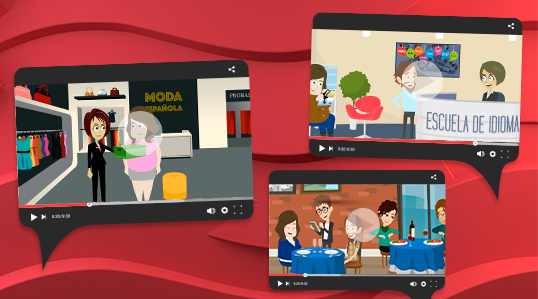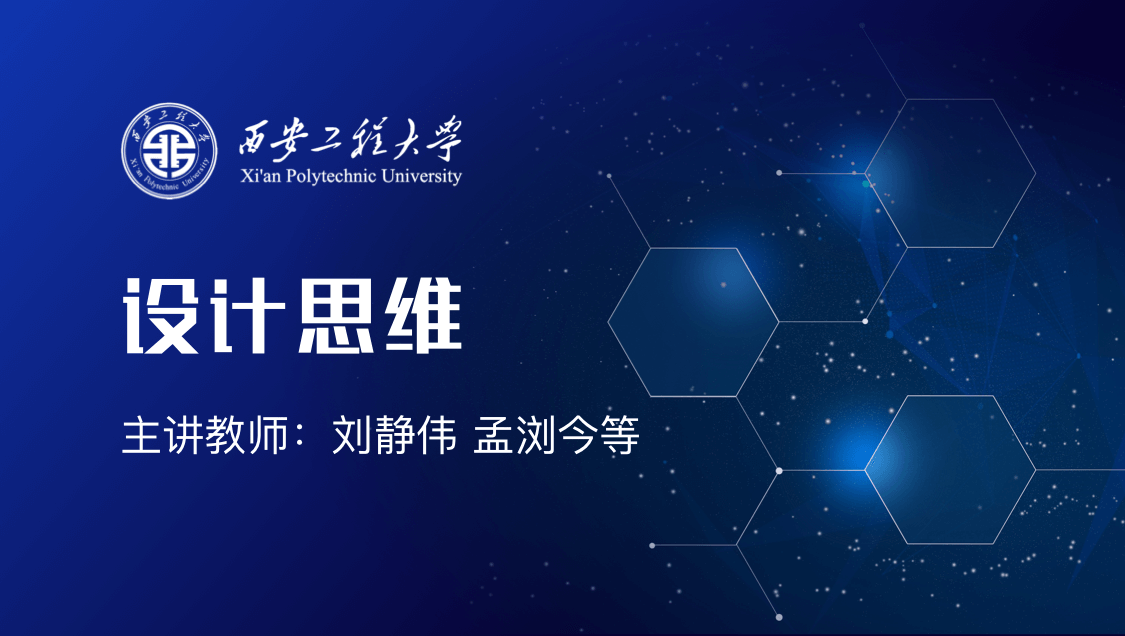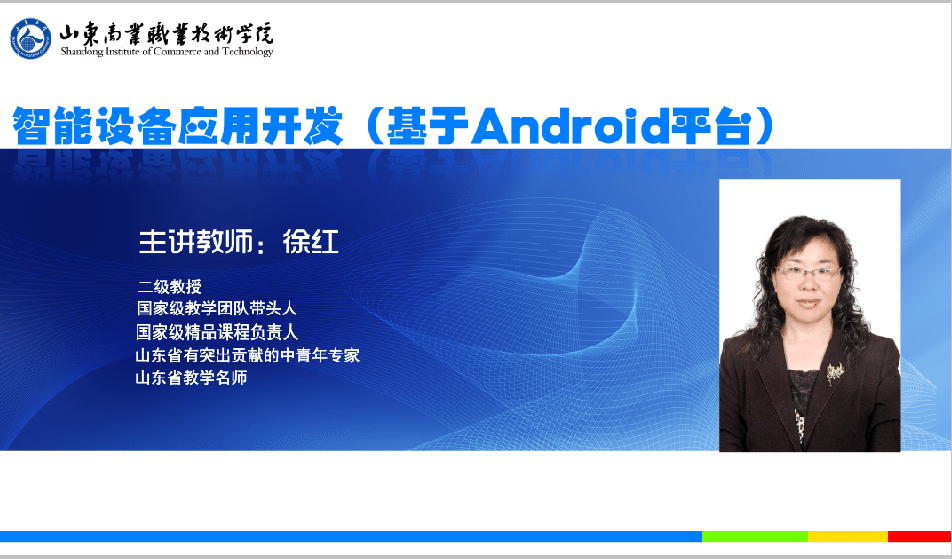
当前课程知识点:Research Methods in Tourism Studies > Week 5 Emerging Issues in Tourism and Hospitality Research > 5.2 Multi-Level/ Multiple Sources of Date Collection > 5.2.3 Multi-level/multiple sources of data collection
返回《Research Methods in Tourism Studies》慕课在线视频课程列表
返回《Research Methods in Tourism Studies》慕课在线视频列表
最后的两个主题我只讲基础内容
因为这种多层次/多来源数据收集是非常高水平的研究
如今我们运用实验研究 运用场景实验
SBSs或虚拟现实等
这些依然为单一数据来源 经常被认为不具有真实的价值
而该情况是由市场营销杂志引起的
是营销领域的顶级期刊
我记得大概是五至十年前
期刊主编说我不会再接受任何单一来源数据的研究
这意味着你不能仅使用单一来源的数据
(主编说)我也不接受任何自我报告的研究
那么你的研究中可能就需要有实验部分
然而 这种情况发生的推动力实际上是多年前发表的一篇文章
20或30年前由两位心理学家发表的一篇文章
他们在文章中提到CMV 也就是共同方法偏差
是自我报告研究的根源问题
也是单水平或单一来源数据研究的问题
这些问题推动了多层次/多来源数据收集的形成
那么什么是多层次 我们该如何使用多层次研究呢
如果你做一个研究 如饭店相关的研究
你有顾客 有服务人员 有主管这三种不同的数据来源
通常我们做研究会只问顾客 你们满意吗
但我们没有问员工 所以这只有一个层次
但是如果我们把员工纳入研究 那么我们就有两个层次
如果我们也把主管纳入研究 我们就有了三个不同的层次
三个层次
每一个层次我们独立收集数据
所以三个层次我们就收集到三个来源的数据 这就尽量避免了共同方法偏差
我有一个博士生 她做了一项研究 我想跟你们分享一下
这是一项非常好的研究 已经在顶级期刊上发表了三篇论文
她运用多层次 多来源数据收集方式
但花了很多时间
说到CMV 它为什么会产生呢
你仅使用一种等级评定标准 也就是测量问卷
那么问卷指标的呈现方式
以及问卷的测量情境都会被置于被试的参照情境中
而被试可能会受到时间的影响
而被试可能会受到时间的影响
也就是说 他们可能会回忆三个月前的情境 可能回忆六个月前的情境
可能回忆昨天的情境 也可能会回忆刚刚旅游过的情境
这些都可能成为导致CMV的原因
这是由心理学家发表的参考文献 里面有关于CMV的研究
这都是很好的文章 如果你想了解更多关于CMV的知识
你可以查阅这些文章
CMV有四种解决方法 第一个是使用其他来源的数据
其他来源表示不仅是一个数据源 还有其他数据源
第二 打乱问项的顺序
使用不同的测量尺度类型来减少CMV
有时我们用的问卷是按顺序排列的
而且测量量表都是用的1-5点的李克特量表
但是如果你打乱问项顺序或者使用不同的测量类型
也许你可以消除CMV 但不是完全消除 而是可以减少CMV
第三 回归/SEM模型的复杂规范
如加入中介 调节或在合适理论指导下的非线性数据
也可能消除或降低自我报告研究引起的CMV
第四 利用统计方法来检测和控制CMV
我和几位期刊编辑交流过 并告诉他们
我们要求作者必须检测并报告CMV
如果论文中用了自我报告研究 而且CMV需要关注时
这有4种不同的检测方法 一个是Harman的单因素测试
这种方法比较简单 同时也可以告诉你CMV在你的研究中是否是一个严重的问题
第二是偏相关分析
第三是直接测量潜在的共同方法因子
最后是运用不同的检测方法
正如我们前面所说的 你可以使用多源数据收集
使用不同排序的问卷或不同测量指标来消除或降低CMV
上述内容 是对开头提及的多层次/多来源数据收集的解释
上述内容 是对开头提及的多层次/多来源数据收集的解释
多层次/多来源数据收集的目的就是为了使CMV最小化 减小共同方法偏差
数据来源于主管 员工和顾客三个不同的层次
或者你也可以收集团队或小组层面的数据 这样你也有了不同层面的数据
这是一个非常热门话题 可以为作者的假设提供支持
同时也是减少自我报告研究中共同方法偏差的好方法
这项研究是由我们的一位博士生Gloria Liu完成的
做的是关于饭店的研究
这是一项大型研究
有几百个顾客和员工参与其中 并且分成两个群组
一个是个人组 一个是独立群组 他们共同参与数据收集
例如在饭店中 一位员工为三位顾客提供服务
那么不仅这三位顾客要填写问卷
员工也要与顾客一起填写问卷
所以就形成了集群 一个是员工群体 一个是顾客群体
在一开始 她想再加入一个群体
我告诉她不要这样做 因为这将会很复杂
这个模型看起来是结构方程模型
但其实它不仅仅只是结构方程模型
因为它需要把群组数据和个体数据同时结合一起运行
这被称为多层次结构方程模型
我认为这是目前
最有难度的统计研究和统计程序应用
因为它是将多个层次的数据共同放到SEM中运行
这项研究其实是很好的研究
他们收集了顾客层面 员工层面 甚至经理层面的数据
这就是我们所说的多层次/多来源数据收集研究
因为它们有不同的研究层次
多层次研究的目的就是尽量减少或消除CMV
而CMV可能会造成研究偏差
接下来 我们再简单了解一下纵向研究
一般而言 我们的研究基本有两种不同类型
一种是纵向研究 一种横断面研究
横断面研究是指我们做研究时仅在特定时间选取一次样本 收集一次数据
但纵向研究是指在不同时间间隔内对某种选定的样本进行重复测量
时间间隔可能是每月 每周 每季度
也可能是半年 一年 甚至可能是两年 三年或更长时间
但不管间隔多久 在你设定的时间段内都会进行重复测量
纵向研究分为两种
一种我们称之为真面板 指的是每一次测量和研究
都保持变量不变 不改变变量
另一种我们称之为综合面板
是指我们每一次测量会不断地改变变量
这一次改变一些测量值
下一次又改变一些测量值 这就是纵向的
如果你想了解变化趋势的话 纵向研究是一个很好的研究
比如人们的消费态度和消费行为是如何改变的
人们的感知又是如何改变的 这些变化趋势你都可以看到
但我不建议学生这么做 因为这需要很长时间
你至少需要重复测量两三次 非常耽误你的研究
但当你毕业之后 我认为这是一个特别好的方法
特别是如果你想研究发展趋势的话
我认为纵向研究是好的研究 但需要付出很大成本
因为你必须保持每次研究的样本量不变
如果样本量是500 那么你每次研究都要保证有500人参与进来
所以一次又一次的重复测量真的是个挑战
但纵向研究对于追踪人们的行为或消费趋势而言的确是很好的研究方法
-1.1 Research Question and Research Objectives
--1.1.1 Student interview before class
--1.1.2 The starting point: question
--1.1.3 What is a good research question?
--1.1.4 Ways to find a good research question
-1.2 Title Design
--Acticle: Leisure & Travel as Class Signifier: Distinction Practices of China's New Rich
--Discussion: Why do we research?
-1.3 Literature Retrieval Method and Literature Databases
--1.3.1 Common literature retrieval method
--1.3.2 Common literature search database
-1.4 Information Collection and Academic Journals in Tourism
--1.4.1 Academic journals in tourism research
--1.4.2 Literature collection methods and principles
-1.5 Literature Reading
--1.5.2 Overcoming obstacles in literature reading
--Week 1 quiz
--Discussion: What difficulties have you encountered in reading literature?
-2.1 Philosophical Bases of the Two Approaches
--2.1.1 Philosophical bases of the two approaches
-2.2 Differences between the Two Approaches
--2.2.1 Differences between the two approaches
--Article: Does tourist–host social contact reduce perceived cultural distance?
-2.3 Be Aware of Your Own Research Views
--2.3.1 Be aware of your own research views
--Discussion: How to choose research method?
-2.4 Research Example: Social Tourism
--2.4.1 What is social tourism?
--2.4.2 Established frameworks on social tourism
--2.4.3 Major research findings on social tourism
--2.4.4 Major findings of social tourism research
--2.4.5 Opportunities and challenges for social tourism
--Week 2 quiz
- 3.1 Key Procedures in Qualitative Approach
--3.1.1 Key procedures in qualitative approach
-3.2 Qualitative Data Collection and Analysis
--3.2.1 Key procedures and data collection methods in qualitative approach
--3.2.2 Data collection and analysis in qualitative approach
--3.2.3 Data analysis in qualitative approach
-3.3 Case Study and Content Analysis
--Discussion: Have you ever used a qualitative approach in your research?
-3.4 Using Coding and Themes in Qualitative Research
--3.4.1 Using coding and themes in qualitative research(1)
--3.4.2 Using coding and themes in qualitative research(2)
-3.5 Using Conceptual Framework in Qualitative Research
--3.5.1 Using conceptual framework in qualitative research(1)
--3.5.2 Using conceptual framework in qualitative research(2)
--Article: Tourist typology in social contact: an addition to existing theories
--Week 3 quiz
--Discussion: How to ensure the reliability and validity of qualitative study?
-4.1 Using Questionnaires in Quantitative Research
--4.1.1 Make an effective literature review and research method design
--4.1.2 Learn to write powerful findings and discussion
-4.2 Using Experiment in Quantitative Research
--4.2.4 Eye tracking experiment
-4.3 Using Mixed Method
--4.3.1 Sustainabble tourism development (1)
--4.3.2 Sustainabble tourism development (2)
--Article:Creating a scale for assessing socially sustainable tourism
--Week 4 Quiz
--Discussion: How to use quantitative methods to study tourists' reaction?
-5.1 Current Research Priorities
--5.1 1 A review of hospitality research
--5.1.2 Impact of information technology on hospitality and tourism research
-5.2 Multi-Level/ Multiple Sources of Date Collection
--5.2.1 Experimental design (1)
--5.2.2 Experimental design (2)
--5.2.3 Multi-level/multiple sources of data collection
-5.3 Mixed Method and Interdisciplinary Research
--5.3.2 Interdisciplinary research
--Article: The meanings of destination: a Q method approach
--Discussion: Can you talk about your understanding of research methods?
-5.4 Using Delphi Method in Research Design
--5.4.1 What is the Delphi method?
--5.4.3 Characteristics of the Delphi method
--5.4.4 Predicting the future of wine tourism
--Week 5 quiz
--Discussion: Philosophical basis of research methods
-6.1 Journal Publication
--6.1.1 How to publish in the top journals? (1)
--6.1.2 How to publish in the top journals? (2)
--6.1.3 How to publish in the top journals? (3)
--6.1.4 How to publish in the top journals? (4)
--Article: Analyzing the economic sustainability of tourism development: evidence from Hong Kong
-6.2 Academic Ethics
--6.2.2 Student interview after class
--Week 6 quiz
--Discussion: Academic publication and academic ethics
--Final quiz



